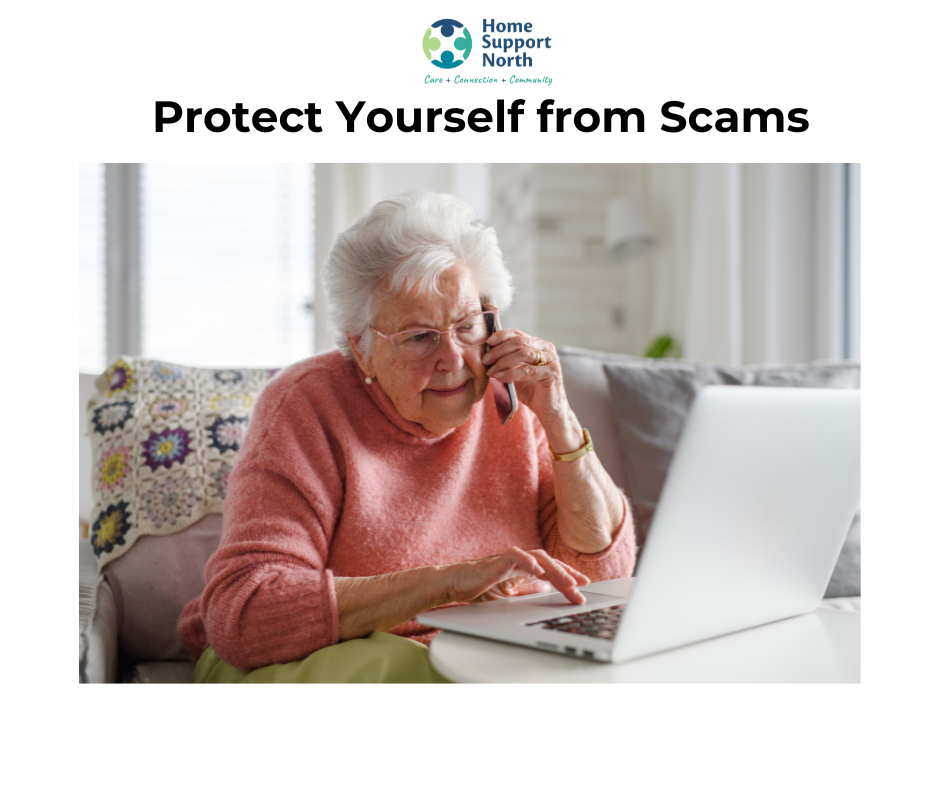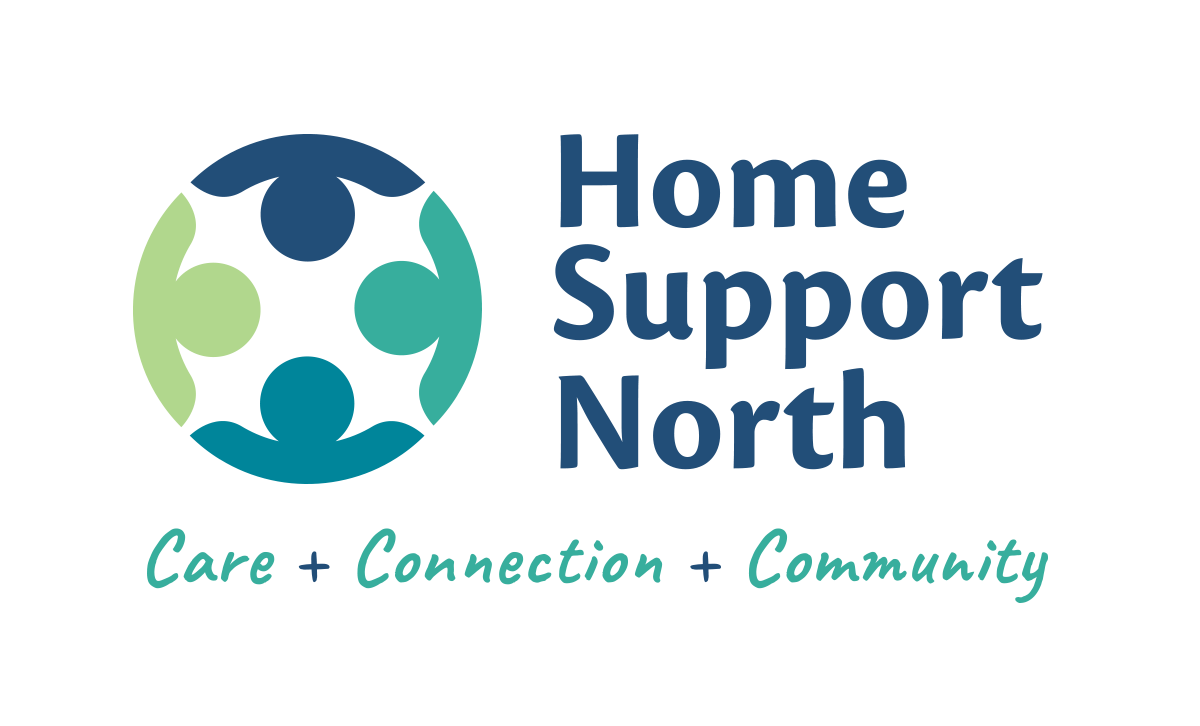In today’s world, it’s important to be aware of the various scams that can target individuals in their own homes. Protecting yourself from these schemes can save you significant stress, financial loss, and emotional distress. This blog post highlights common scam tactics and provides practical tips to help you stay safe and secure.
Understanding the Tactics:
Scammers are often clever and persuasive. They may contact you in various ways:
- Phone Calls: Often involving urgent requests for money, threats of legal action, or promises of large prizes.
- Emails: Frequently containing suspicious links or attachments, claiming you’ve won something or need to update personal information.
- Letters: Sometimes mimicking official-looking documents demanding payment or offering unbelievable deals.
- Door-to-Door Visitors: Individuals with convincing stories trying to sell unnecessary services or gain access to your home.
- Online Messages: Through social media or other platforms, often involving fake profiles and romantic or financial scams.
Red Flags to Watch Out For:
Being able to recognise the warning signs is your first line of defence:
- Unsolicited Contact: Be immediately suspicious of anyone contacting you out of the blue asking for money or personal information.
- Pressure to Act Quickly: Scammers often create a sense of urgency, saying you need to act now or miss out.
- Requests for Personal or Financial Information: Never give out your bank account details, credit card numbers, passwords, or your NHI number to someone you don’t know and trust. Legitimate organisations will not ask for this information in this way.
- “Too Good to Be True” Offers: If it sounds too good to be true (winning a lottery you didn’t enter, a ridiculously low price), it probably is.
- Threats or Intimidation: Scammers may try to scare you into paying by threatening legal action or other negative consequences.
- Poor Grammar and Spelling: Many scam emails and messages contain grammatical errors and typos.
Protecting Yourself: Practical Tips:
Here are actionable steps you can take to stay safe from scams:
- Be Skeptical: Question everything. If something feels off, it probably is.
- Don’t Give Out Information: Never share personal or financial details with unknown callers, emails, or visitors.
- Resist Pressure: Take your time to think things over and discuss them with someone you trust.
- Verify Information: If someone claims to be from a legitimate organisation, hang up and call them back using a known, official phone number.
- Say No: It’s perfectly okay to say “no” to unsolicited offers or requests.
- Talk to Someone You Trust: Discuss any suspicious calls, emails, or visitors with a family member, friend, support worker, or trusted advisor.
- Be Cautious Online: Be careful about clicking links or opening attachments from unknown senders. Use strong, unique passwords for your online accounts.
- Secure Your Home: Be cautious about who you let into your home. Ask for identification and don’t feel pressured to let anyone in if you’re unsure.
Staying informed and cautious is the best way to protect yourself from scams. If you ever feel you’ve been targeted by a scam, report it to the police and let your support worker or a trusted family member know.


